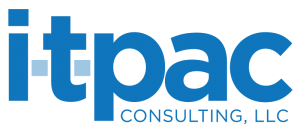The real reason that EHR is so valuable.
Why are hacked healthcare records so valuable? It’s because they can be combined with other information to create a complete identity kit. Make no mistake—in most cases the stolen health information is the foundation of a counterfeit identity. That is why health records are so valuable to criminal groups around the world. Stolen patient records often end up for sale on the deep web as part of information packages called “fullz” and “identity kits” that can be used by fraudsters to commit a wide variety of crimes.
Read More